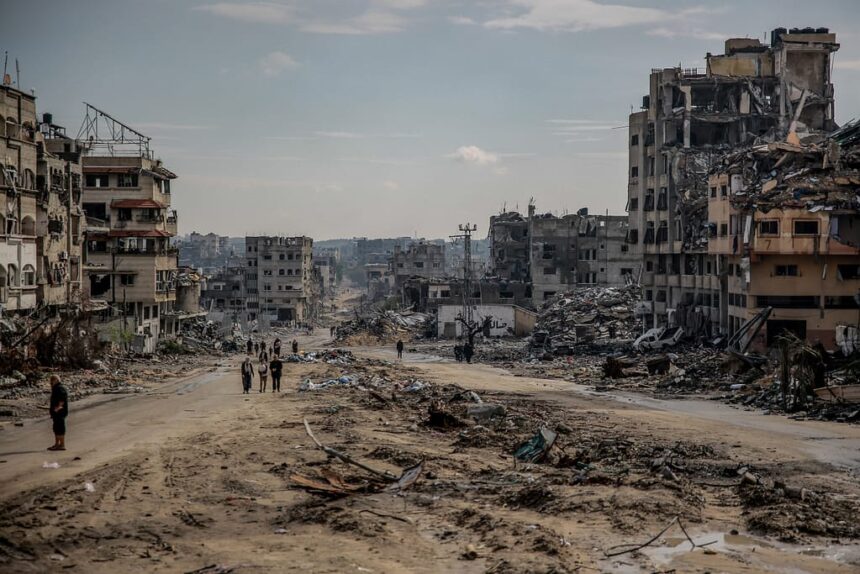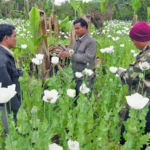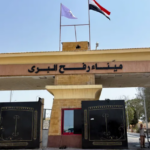The humanitarian situation in the Gaza Strip has deteriorated significantly following the Israeli offensive and bombings in response to attacks by Hamas. The Israeli army’s blockade has severely restricted the entry of essential goods and aid into the territory, resulting in a catastrophic impact on the population. Before the military operations, hundreds of trucks daily supplied necessary goods to support the population. However, the blockade now allows only limited aid to enter, particularly in the southern parts of the Gaza Strip.
The ongoing bombardments have caused extensive damage to infrastructure, resulting in over 30,000 fatalities and 70,000 injuries. The already strained health system is unable to meet the population’s needs, exacerbating the humanitarian crisis. With only a few partially functional hospitals, the healthcare facilities are overwhelmed and operating well beyond their capacity.
The situation is dire, with an estimated 300,000 to 500,000 people living in extreme poverty and facing alarming rates of malnutrition. Reports indicate that famine is beginning to set in, and without a change in the situation, it is expected to worsen in the coming months.
The difficulties in accessing water, food, and healthcare have led to a high mortality rate, particularly due to the lack of vital resources. The southern city of Rafah, where a significant portion of the population is now concentrated, is facing severe challenges in receiving humanitarian aid effectively.
While there is a considerable amount of aid pre-positioned on the Egyptian side, the main struggle lies in delivering it to the affected areas. Attempts at distributing aid have been impeded by logistical and security challenges, resulting in chaotic and sometimes dangerous situations.
The international community’s involvement in providing humanitarian aid has been met with skepticism, as it is often politically motivated. Efforts by European countries and the United States to deploy humanitarian aid have been criticized, and there are concerns that these actions are used as political instruments rather than genuine initiatives to alleviate the crisis.
Source: French Institute for International and Strategic Affairs (IRIS)







